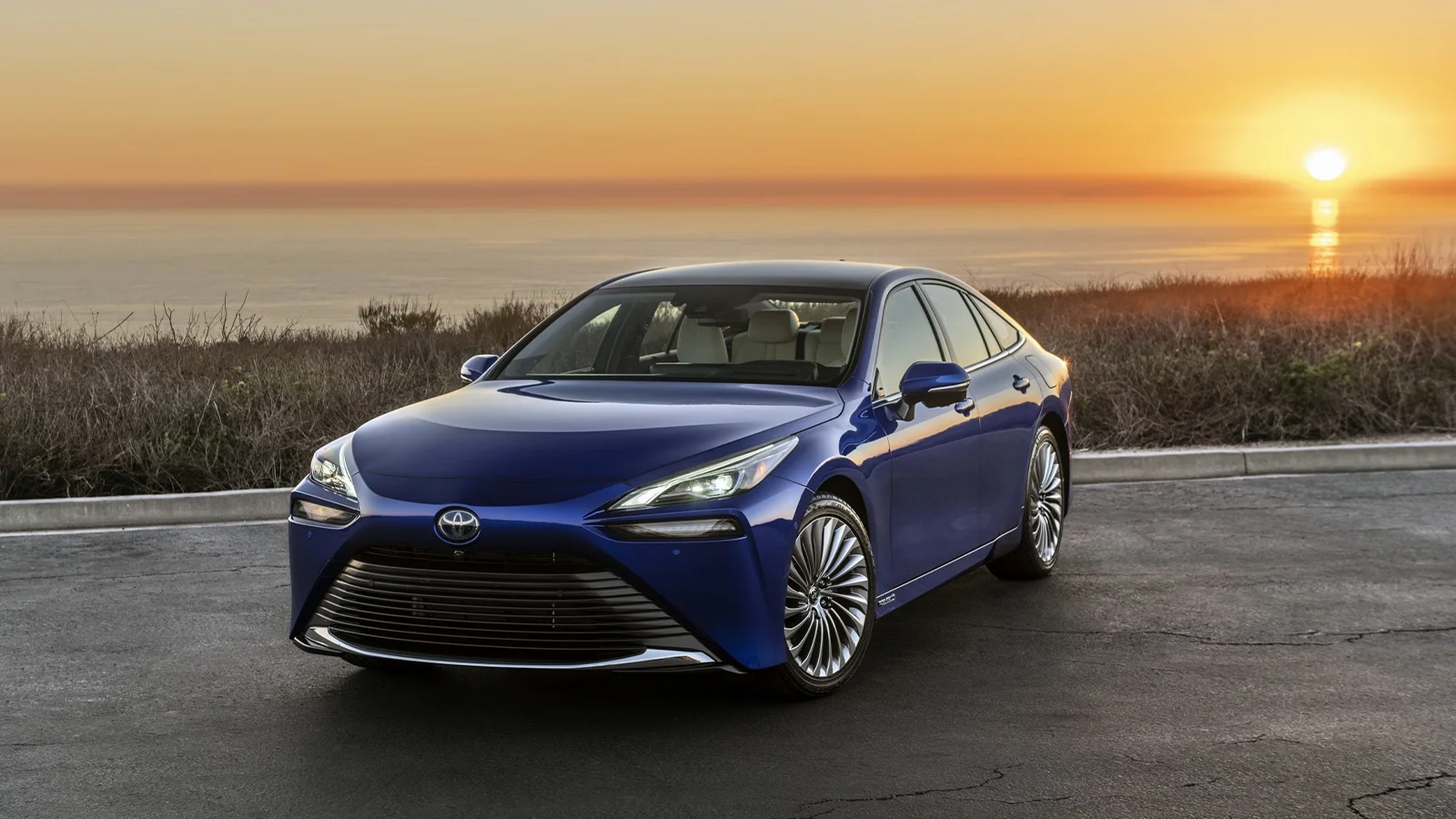How to Shop for and Evaluate a Fuel Cell Electric Vehicle (FCEV)
Hydrogen-powered vehicles offer a unique way to drive without tailpipe emissions. As more drivers explore this alternative to gas and electric cars, knowing how to evaluate and shop for a hydrogen vehicle becomes essential. Whether you're curious about cost, availability, or day-to-day practicality, this guide covers everything you need to make an informed purchase decision.
Understand the Basics of Hydrogen Vehicles
Before beginning your shopping journey, it’s important to know how hydrogen vehicles work and how they compare to other clean car types.
Hydrogen vehicles are powered by fuel cells that convert hydrogen gas into electricity. They drive like electric vehicles, offering smooth, quiet acceleration, but they refuel like gas cars in just a few minutes. They are ideal for drivers looking for a zero-emission vehicle without long charging times.
Consider Your Location and Fueling Access
Hydrogen fueling infrastructure is still developing, so access to stations can be a limiting factor. As of now, California offers the most reliable network of hydrogen fueling stations, especially in urban regions such as Los Angeles, San Francisco, and San Diego.
Before buying, check:
- Distance to your nearest hydrogen station
- Station uptime and reliability
- Your typical driving range and commuting routes
Use resources like the U.S. Department of Energy’s station locator to plan.

Evaluate the Available Models
There are currently only a few hydrogen fuel cell vehicles for sale or lease in the United States. The most popular include:
- Toyota Mirai: Sleek sedan with up to 402 miles of range
- Hyundai Nexo: Spacious SUV with up to 380 miles of range
- Honda Clarity Fuel Cell: Previously available, now found on the used market
Compare specs like range, trunk space, tech features, and warranty. Most models are only available in California or through select dealerships.
Lease vs Buy: What to Know
Most hydrogen vehicles are offered through lease programs, which often include valuable perks:
- Complimentary hydrogen fuel for a set period
- HOV lane access in some states
- Extended warranties and maintenance coverage
Leasing is typically recommended for new hydrogen adopters, since it reduces risk while infrastructure continues to grow. Some brands may offer outright purchase, but it’s less common.
Review Incentives and Tax Credits
Hydrogen vehicles may qualify for several local and state incentives:
- California Clean Vehicle Rebate Project (CVRP): Offers up to $4,500 for eligible fuel cell vehicles
- Hydrogen fuel credits from manufacturers (such as $15,000 in free fuel)
- Clean Air Vehicle decals for carpool lane access
Incentives change frequently, so always check eligibility before finalizing your purchase.

What to Ask at the Dealership
When shopping, ask the dealer:
- What is the current fueling station situation in your area?
- Are there any current lease specials or manufacturer promotions?
- What is included in the hydrogen fuel credit program?
- Is service and maintenance available locally?
- What’s the warranty on the fuel cell system?
Make sure your lifestyle and location align with the realities of hydrogen fueling and ownership.
Next Steps
If you're ready to explore, schedule a test drive, research nearby stations, and compare lease offers. Hydrogen may not be right for everyone, but for the right driver, it can be a clean, convenient, and futuristic option.
You’ve Completed the Hydrogen Vehicles Course
Continue your learning with more GreenCars guides:
← Go Back: Top Hydrogen Cars Available Today
Explore More Courses: GreenCars 101 →












